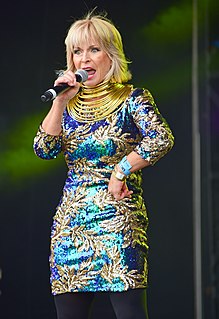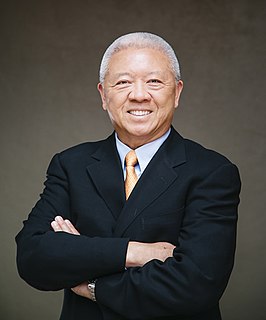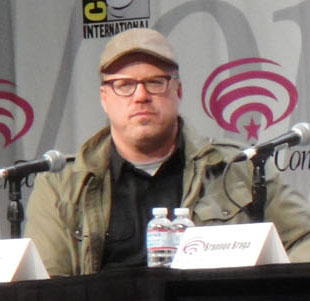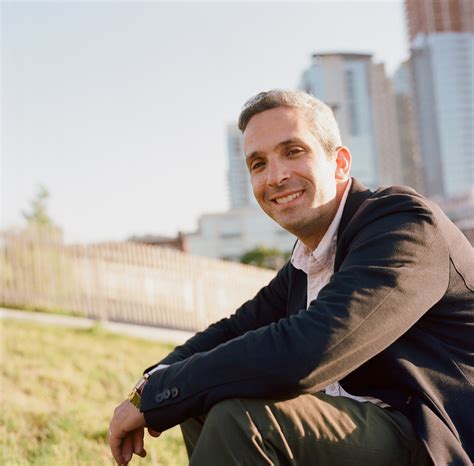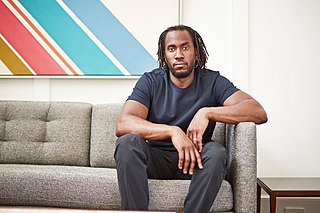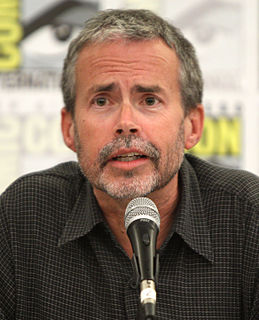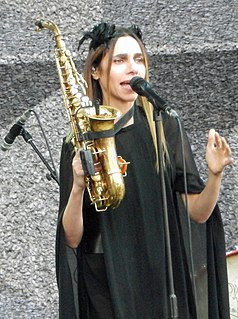A Quote by Toyah Willcox
My father, Beric, ran a joinery business and owned two factories.
Related Quotes
Well my motto was "Never Monologue a Clegane", because Beric Dondarrion and Thoros were messing around with The Hound and Beric essentially got killed, even though he got to come back, and then the monologue is just a foolish thing to do. But it's also psychological state of mind, he can't get over his sister.
If I may add, for instance, [Martin Luther] King and these others will say that they are fighting for the Negro to have equal job opportunity. How can people, a group of people, such as our people, who own no factories, have equal job opportunities competing against the race that owns the factories?The only way the two can have equal job opportunities is if black people have factories as, as well as white people have factories.
The great problem with corporate capitalism is that publicly owned companies have short time horizons. Unlike a privately owned business, the top executives of a publicly owned corporation generally come to their positions late in life. Consequently, they have a few years in which to make their fortune.
The capitalists owned everything in the world, and everyone else was their slave. They owned all the land, all the houses, all the factories, and all the money. If anyone disobeyed them they could throw him into prison, or they could take his job away and starve him to death. When any ordinary person spoke to a capitalist he had to cringe and bow to him, and take off his cap and address him as 'Sir'
My father died at 42, of a heart attack. My mother was 32 then. She never wanted to be a victim. And that really resonated as a nine-year-old child. And one of the most revealing things was, very soon after my father died - he was in real estate and he owned some modest buildings - they came to my mother, the men that worked for him, and they said, "You don't have to worry. We will run the business and we will take care of you." And my mother said, "No, you won't. You will teach me how to run the business and I will take care of it and my children."
